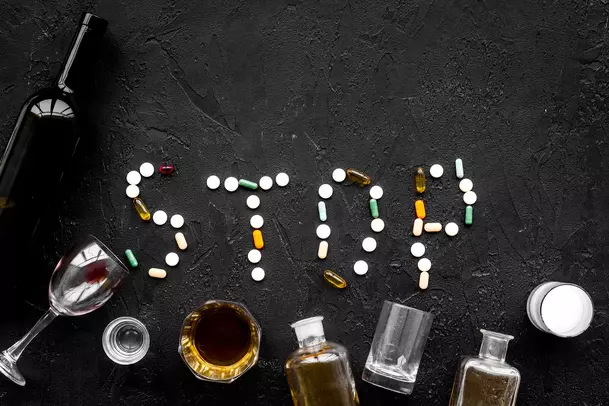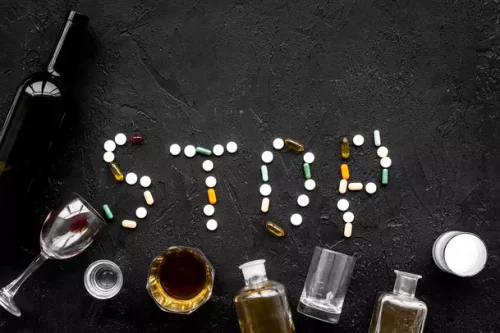What does it mean to live a sober life?

In fact, more and more people are becoming “sober”, curious as a way to have a healthier and more balanced life. Living a sober life is the next best step any alcoholic or addict can take after completing treatment. The more support, structure and help a newly recovered addict can receive, he or she is likely to remain completely sober. New You Sober Living provides long-term supervised structure and sober support for men and women in South Florida. When a person is sober, they can live daily life without their thoughts and behaviors being controlled by an addiction to a substance.
The Importance of Sober Living in Recovery

They may also have more time and energy to pursue hobbies and is life better sober interests and enjoy meaningful connections. Preparing for a sober lifestyle requires commitment, support, and a plan for identifying and coping with triggers and stressors. With the right mindset, support, and resources, anyone can achieve long-term recovery and live a fulfilling, sober life.
Trader Joe’s Non Alcoholic Wine Selection is Slim
This is because it allows you to see the world through new eyes after being clouded by alcohol and drugs for so long. While detoxification is the first step, sober living goes far beyond simply stopping substance use. While detoxification is the first step, a sober life goes far beyond simply stopping substance use.
- Beyond the absence of substances, sobriety implies a profound shift in one’s mindset, attitudes, and behaviors.
- Drugs and alcohol affect your body’s ability to absorb essential nutrients, and they can disrupt your hormonal balance.
- Likewise, observe if you use hard words with others to prevent vulnerability or protect yourself.
- A sobriety date is the very first 24 hours you go without alcohol or drug use and is used to determine how long you have maintained your sobriety.
Finding Value in Sobriety Can Help You Stay in Tune With Your Recovery Efforts

Sobriety refers to the physiological and psychological state of being unaffected by intoxicants. For those in recovery, it is similar to abstinence from substance or alcohol use. Temperance and abstinence underscore the historical and alcohol rehab moral aspects, while soberness adds a layer of seriousness. Self-control and moderation highlight the practical and ongoing efforts involved in maintaining sobriety.

- The road might be long and winding, but the rewards of sobriety—improved health, strengthened relationships, and newfound confidence—are well worth the effort.
- Sobriety, often mistaken for just the absence of alcohol or drugs from one’s life, encompasses much more.
- It’s crucial to communicate with employers and coworkers about your sobriety and any accommodations that may be necessary.
- They furnish you with the tools, support, and structure needed to build a solid foundation for your recovery journey.
Alcohol and drug use can also significantly affect mental and emotional health. Substance abuse is often linked to mental health problems such as depression and anxiety and can also exacerbate existing mental health conditions. By getting sober, individuals can reduce their risk of developing these problems and start to address any existing mental health concerns. Cutting habits out can be difficult, especially alcohol, since it’s such a social substance.
- Working with professionals in outpatient care and continued therapy can help challenge feelings of shame and add new strategies for healthy sobriety.
- Acknowledging sober accomplishments in another can go a long way in promoting long-term sobriety in addiction recovery.
- Surround yourself with a strong support system, continue learning and growing, and have a plan to avoid triggers.
